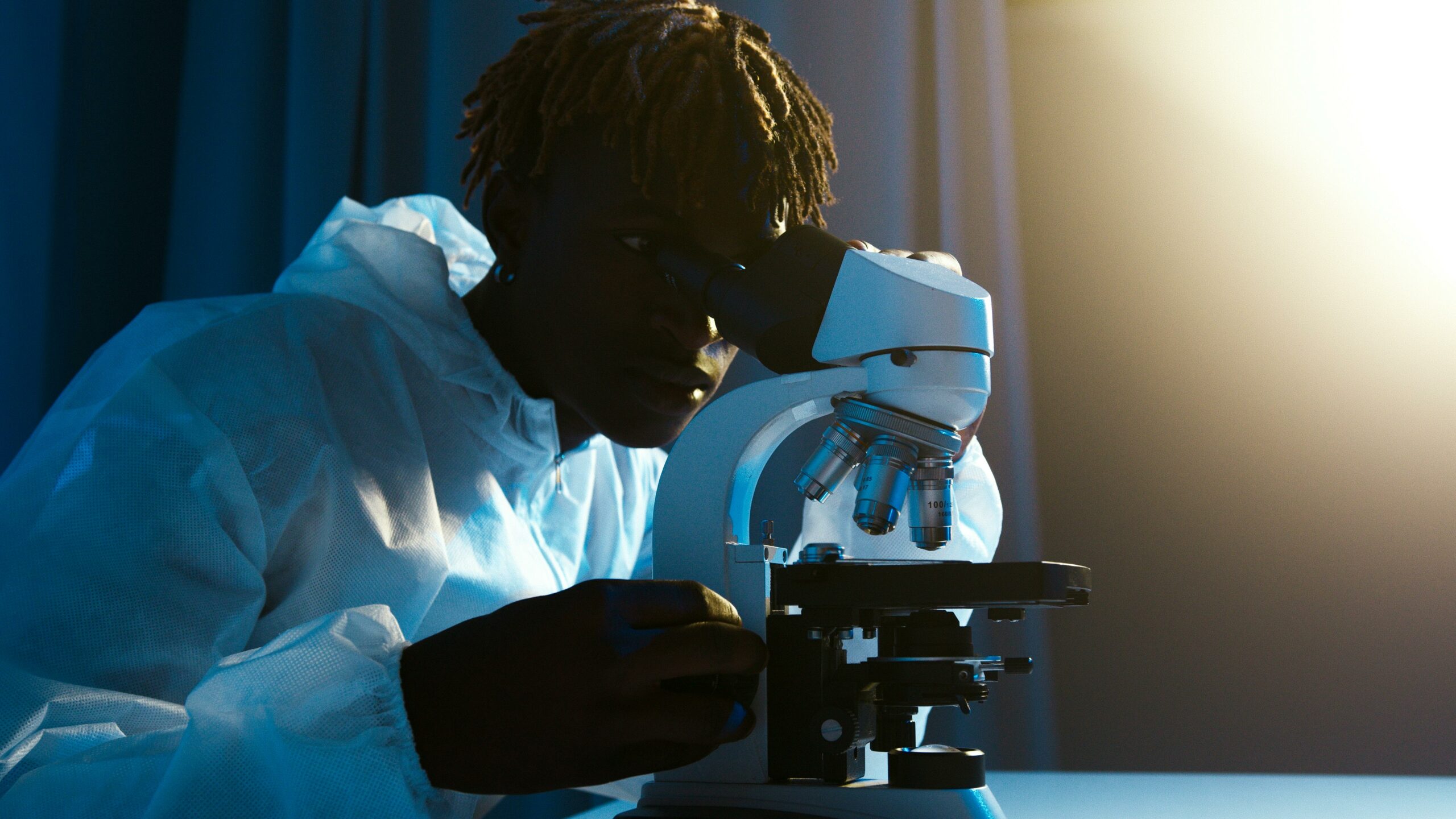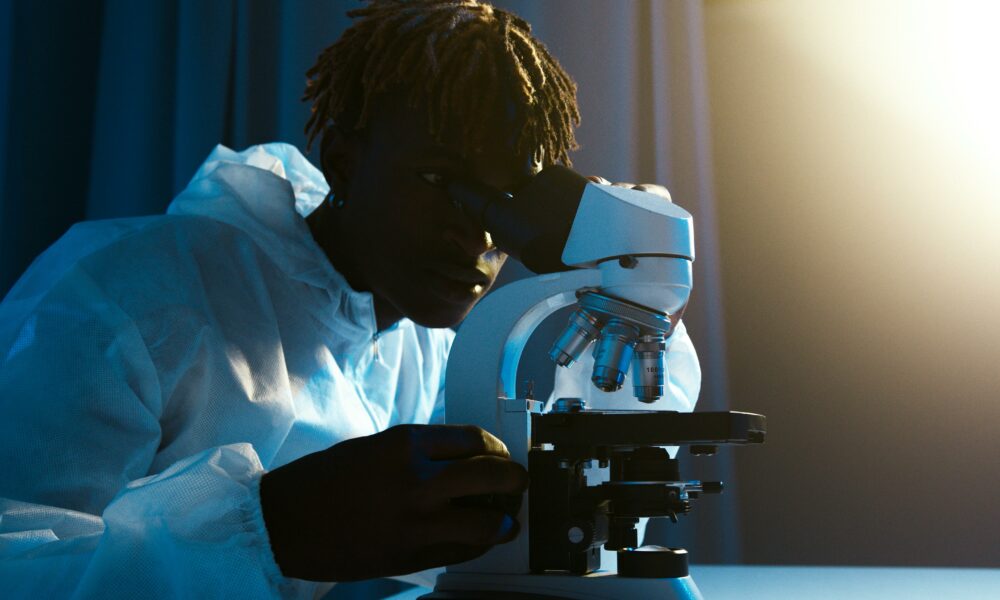
Think about a world the place kids develop up unable to see the attractive pure colours of life and the place our gorgeous landscapes, from Ogudu Ranch to the bustling city skies of Lagos metropolis and even the waterfalls of the South, are blurred right into a mist, and the goals of future leaders are clouded by a typical situation: myopia or short-sightedness. This isn’t only a distant dystopian imaginative and prescient; analysis reveals that is the potential actuality Nigeria faces now. Myopia has the potential to escalate right into a public well being disaster that might have an effect on hundreds of thousands of individuals, because it already does.
Globally, the prevalence of myopia is growing, with indications that if present traits proceed, practically half of the world’s inhabitants could also be myopic by 2050. Latest analysis in Nigeria reveals that myopia charges amongst school-age kids have doubled up to now decade, underscoring the size of the issue.
One of many primary components contributing to the rise in myopia is the widespread use of contemporary digital screens. With the recognition of smartphones, tablets, digital toys and video games, kids are spending extra time gazing screens, which frequently harms eye well being. Analysis reveals a big correlation between extreme display screen time and better charges of myopia. That is very true in city areas the place expertise has turn into an integral a part of each day life. Extreme display screen use can lure kids in a cycle of eye fatigue that might jeopardize their future, whether or not display screen time is used for leisure, schooling, or each. additional analysisAnalysis reveals that kids who spend extra time outdoor are much less more likely to develop myopia. Nonetheless, urbanization limits their entry to inexperienced areas and leisure venues, leaving kids no selection however to cover indoors, the place digital screens turn into their primary supply of distraction.
Moreover, the strain to succeed academically weighs closely on Nigerian college students. Competitors in academic settings has elevated and time spent learning textbooks for exams has elevated, usually in low-light environments. This intense focus can pressure the eyes and should result in lifelong visible impairment. Satirically, the admirable objective of pursuing data could turn into the catalyst for a public well being disaster that can form Nigeria’s future.
The present scenario in Nigeria is exacerbated by the shortage of high-quality eye care providers. The nation faces vital challenges in offering sufficient well being care, significantly within the space of eye care. Imaginative and prescient 2020, a worldwide initiative launched by the World Well being Group (WHO) and the Worldwide Company for the Prevention of Blindness (IAPB) to remove avoidable blindness by 2020, reveals that there are lower than 2,000 registered optometrists serving the Nigerian inhabitants. 200 million. This scarcity means many individuals are unable to get much-needed eye exams and remedy, leaving circumstances similar to myopia uncorrectable. The consequence is a technology rising up with preventable imaginative and prescient impairment.
Trying forward, the impression of the myopia epidemic is daunting. Think about hundreds of thousands of Nigerians scuffling with visible impairment in an more and more aggressive world the place clear imaginative and prescient is not only a luxurious however a necessity. The monetary burden of controlling myopia may cripple an already overstretched well being care system. Moreover, untreated myopia threatens kids’s academic alternatives, limiting their potential in a society like ours that views schooling as the important thing to success.
To stop myopia from turning into a significant downside in Nigeria, we’d like a complete method. This consists of elevating consciousness, enhancing eye care providers and advocating for change. Public well being campaigns ought to educate households in regards to the dangers of an excessive amount of display screen time and emphasize the significance of out of doors actions. Faculties ought to incorporate imaginative and prescient well being into the curriculum and create an atmosphere that encourages out of doors play, as spending time in nature will help forestall myopia.
Increasing entry to eye care providers is important to controlling the chance of myopia. Group outreach applications will help attain underserved communities and supply needed eye care providers. Coaching extra optometrists and eye care professionals is important to assembly rising demand.
Moreover, insurance policies that promote wholesome display screen time habits and assist out of doors actions are important. Collaboration is required between native authorities and group leaders to create secure leisure areas for youngsters and foster a tradition of well being.
It is very important take motion now to stop a possible myopia epidemic. Elevating consciousness and taking proactive steps can safeguard the imaginative and prescient for future generations. We must always not wait till it’s too late to deal with this silent risk. Myopia is not only a imaginative and prescient downside; it’s a public well being disaster that requires speedy consideration. Collectively we are able to be sure that Nigerian kids develop up with clear imaginative and prescient and the flexibility to see the wonder round them.
***
Function picture by Artem Podrez for Pexels

